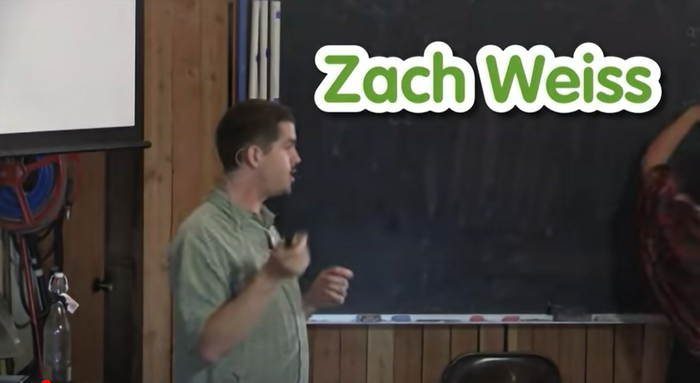
Watch it here:
https://youtu.be/-tR1hkouW1o
In this excerpt from the Wheaton Labs’ Permaculture Design Course, Zach Weiss, gives an in-depth presentation about the transformation of a property into a sustainable and ecologically beneficial water retention landscape. Through careful and thoughtful design, the team was able to construct an earthen landscape capable of retaining and recharging the local water table, rehydrating old spring lines, and thereby creating a constant water source in an area that once suffered from significant periods of drought. The transformed property now houses a large lake that provides water not only for the surrounding gardens but also feeds into the natural spring lines, significantly improving the local ecosystem. This project, initially met with resistance, has now won the favor of the local community.
Weiss goes on to explain the design principles behind such water retention landscapes, emphasizing the importance of incorporating three different zones in the layout: the float zone, the flat zone, and the deep zone. The float zone is where water is actively aerated and cleaned by bacteria living in the water. The flat zone serves as a photosynthetic and nutrient filter zone and is also a vital area for producing food for fish. Lastly, the deep zone holds water at its most structured, dense, and oxygenated state, which can enhance the rate of biological processes. These zones not only cater to the survival and growth of fish and other aquatic species but also provide for a natural and healthy water system. Weiss also emphasizes the necessity of creating a varied landscape for fish and other aquatic life to thrive, avoiding plain circular designs while working with the existing landscape shape as much as possible.
Zach is a Protégé of legendary Austrian farmer, Sepp Holzer and the first person to earn Holzer Practitioner Certification outside of the Krameterhof training program. Blending a unique combination of systems thinking, empathy, and awareness, Zach uses an action-oriented process to improve human relationships with earth. Enhancing ecosystems and harvesting natural productivity over time is the ultimate goal - with high initial input, high yield systems that will last until the next ice age.
Zach currently has projects in 11 nations on 4 continents, spanning a wide range of climates, contexts, land-forms and ecosystems. Having experience with a wide range of techniques and systems (from natural building, to greenhouses, to carpentry, to watershed restoration), Zach also graduated summa cum laude with a degree in Ecology.









